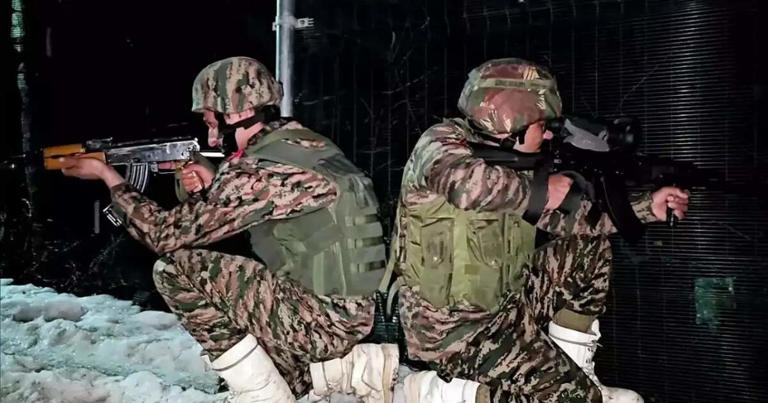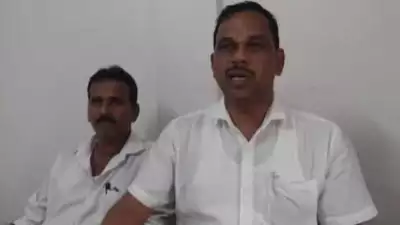NEW DELHI: A US court has ruled that the summons intended for India’s National Security Advisor (NSA) Ajit Doval, who accompanied Prime Minister Narendra Modi on his US visit from February 12-13, was not successfully delivered, dismissing claims by Khalistani separatist Gurpatwant Singh Pannun.
Pannun’s lawyer had claimed that the summons was delivered to Doval during his stay at Blair House, the US President’s guesthouse, where the Indian delegation was housed. However, the court, after reviewing the details, stated that the service of process was not completed as required. The court noted, “The complaint was not delivered to a member of the hotel management, staff, or security officers protecting the Defendant (Doval), as mandated by the court’s order.”
Failed Attempt to Serve Summons
The letter from Pannun’s lawyer detailed multiple unsuccessful attempts by hired process servers to deliver the summons.
- First Attempt: On February 12 at 7:22 PM, Ambiko Wallace, one of the process servers, approached the Secret Service agents guarding Blair House. However, the agents refused to accept the document and asked him to leave.
- Second Attempt: On February 13 at 12:15 PM, another server, Wayne Engram, with 15 years of experience, attempted to place the document on the ground near the checkpoint after the agents refused again. He was warned that leaving the summons there would result in his arrest. Engram ultimately left the documents at a Starbucks, approximately 100 feet from the checkpoint, and informed the agents, but this method of service was deemed insufficient by the court.
India’s Stand Vindicated
This ruling reinforces India’s position that Doval was never served the summons. Foreign Secretary Vikram Misri had earlier dismissed the summons as being based on “unwarranted and unsubstantiated imputations.”
Background of the Case
The summons stemmed from a civil lawsuit filed by Pannun regarding an alleged assassination plot against him, which US authorities had attributed to an Indian agent, Vikash Yadav. India conducted an inquiry and recommended legal action against Yadav. Meanwhile, Indian national Nikhil Gupta remains in US custody over his alleged involvement, with his trial set for November 3, 2025.
Diplomatic Implications
The Pannun case had threatened to strain US-India relations, particularly after similar allegations by Canada over the killing of Khalistani leader Hardeep Singh Nijjar. However, with India’s commitment to taking corrective measures and ensuring “functional improvements” in such cases, New Delhi hopes the matter will no longer be a point of contention in bilateral ties.
Pannun, designated a terrorist by India in 2020, serves as the spokesperson for Sikhs for Justice (SFJ), a pro-Khalistan outfit that India has urged the US to ban.




